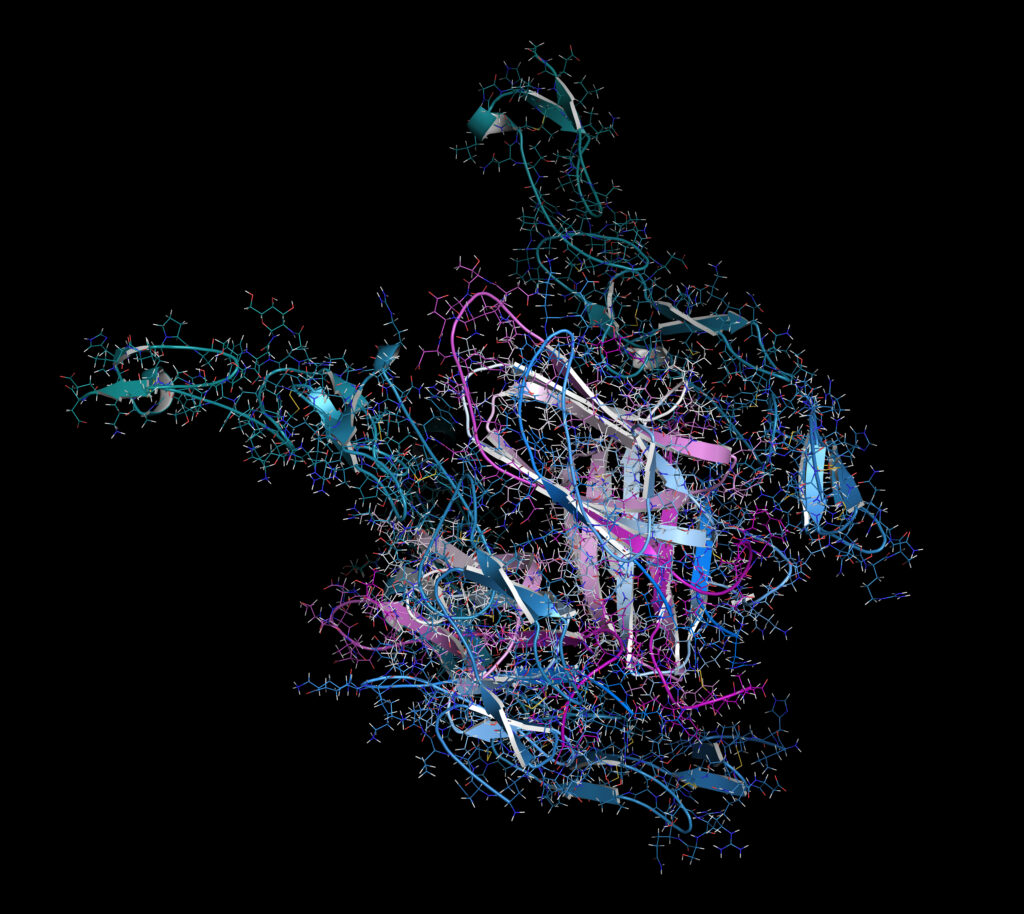Rheumatoid arthritis (RA) is a chronic, autoimmune, inflammatory disease that affects synovial joints but may be accompanied by systemic and extra-articular manifestations.1,2 Patients with RA are associated with a higher mortality rate compared with the general population and with increased socioeconomic burden from lost productivity at work, disability and cost of treatment.3 Therefore, appropriate disease management is crucial to treating patients with RA adequately.
Research has provided many effective RA pharmacotherapies to achieve remission or low disease activity. However, as in all chronic diseases where medication is imperative for management, patient adherence and persistence are vital to optimal disease control. This is supported by evidence suggesting that patients with RA who have higher adherence to medications tend to have lower disease activity, as shown in a systematic review and meta-analysis by Li et al. in 2017.4 Recent findings from the Canadian Early Arthritis Cohort (ClinicalTrials.gov Identifier: NCT01162421) study showed that intentional non-adherence is associated with worse outcomes, including less chance of remission, in patients with newly diagnosed RA seen in routine care.5 In patients with early RA who were deliberately non-adherent (i.e. chose not to take their RA medications regularly), fewer achieved remission compared with those who were non-deliberately non-adherent (i.e. forgot to take their RA medications). Those who reported good adherence had the highest frequency of remission. It is likely that patients who forget to take their medication take more of their medications than patients who deliberately choose not to take them and likely have a higher chance of taking more of their medications, resulting in better treatment outcomes.
Treatment adherence examines the extent to which the patient takes the medication as prescribed, and persistence is the length of medication use until discontinuation.6,7 Non-adherence can be both intentional and non-intentional. Intentional non-adherence results when patients modify or stop the treatment regimen for various reasons, including side effects, lack of belief in treatment benefit or lack of insight into their condition.6,8 Non-intentional non-adherence can occur when there is an inadequate understanding of the recommendations on disease management; however, it can also happen due to forgetfulness, concurrent illnesses, lack of attention when administering medication or barriers to accessing medications.6,8
As many potential underlying reasons may lead to non-adherence, each patient’s circumstances should be carefully explored to identify why they are not taking their medication. In an ideal world, the care team would then work with the patient to engage in shared decision-making and develop an individualized and patient-centred management plan to maximize success. Non-judgemental conversations, patient education and motivational interviewing may be needed to achieve this.6 Messaging about the benefits and risks of treatment should be consistent. However, rheumatologists often cannot easily access other health professionals, such as physicians and allied health professionals with specialized knowledge in RA treatment, who could provide invaluable assistance in enhancing adherence. There may be pharmacists or primary care physicians, for example, who are not familiar with the contemporary treatment of RA who question drug interactions, doses and treatment, and these interactions with the patient can lead to fear, doubt and non-adherence. The aim of this practice pearl is to develop individualized, patient-centered management plans to maximize adherence. This often requires a multidisciplinary team made up of rheumatologists, as well as other physicians and allied health professionals with specialized knowledge in RA medication and management.
Unintentional non-adherence: polypharmacy, forgetfulness, concurrent illness
For certain patients with RA with multiple comorbidities, polypharmacy can contribute to unintentional non-adherence and worse outcomes. In fact, a prospective observational cohort study examining patients with RA 12 months after starting biologic therapy, showed that each additional medication reduced the odds of a European Alliance of Associations for Rheumatology good treatment response by 8% (odds ratios 0.92, 95% confidence interval 0.91–0.93; p<0.001).9 Often, multimorbidity and polypharmacy are more prevalent in older patients,10 in whom cognitive impairment can be present to cause memory deficits to further exacerbate unintentional non-adherence.
In these situations, simplifying the medication regimen can be very helpful. For example, working with the pharmacy to arrange for blister or pill packs would allow patients to not have to think about which medications to take at what time. If medication alternatives are available in once-daily dosing with similar effectiveness to multiple daily dosing, making the switch should be considered if feasible. Working with patients to set up reminders on their calendars, phones or through friends, family, and their support network can be helpful to deal with forgetfulness. If patients have scheduled contact with their healthcare team, such as at regular medication infusion visits or dialysis sessions, these can be valuable opportunities to check on, simplify and reinforce adherence. Certain pharmacies may be able to offer witnessed administration of medications, which may be beneficial in the right patient context, such as monthly injections. Some patients with needle phobia go to their primary care setting to have treatment administered, which allows the simultaneous reinforcement of the proper administration of their other medications, and provides a positive environment for taking medications as prescribed.
Intentional non-adherence: fear of side effects, misinformation
A large prospective longitudinal study on adherence in patients with RA starting methotrexate therapy found that the most common reason for intentional non-adherence was patient-presumed side effects without prior instruction to withhold methotrexate, followed by suspected infection not requiring antibiotics.11 These findings suggest that having early discussions with patients to identify and address concerns, set clear expectations and provide education on managing potential side effects or other barriers to adherence, can be invaluable in minimizing intentional non-adherence. Increasing patient awareness of free, accessible educational resources, such as the Arthritis Society of Canada or other similar national charity organizations, can also be beneficial. A new medication can be introduced in a positive way by stating the benefits and why this treatment is given, and allowing for a conversation about any concerns. The dialogue can be ended with something positive, such as, “We think this medication should help you, and if there are concerns or side effects, we can work with you to try to minimize them”. Moreover, where appropriate it should be communicated that side effects may occur early and benefit may take a little longer, to set expectations for success. Discussing risks and side effects will likely vary between patients; some may want to know rare but important side effects, while others may ask about common problems encountered with treatment, and others may want to know everything that could happen. Stressing the benefit of treatment should not be forgotten in these conversations.
Cost is another factor that may contribute to intentional non-adherence. Indeed, a systematic review in 2018 suggested that out-of-pocket medication costs can contribute to medication non-adherence in patients with RA.12 It is, therefore, important to understand patients’ economic and social circumstances and consider involving patient support programmes or social work teams early to assist with obtaining the appropriate drug coverage and increasing accessibility to medications.
Sometimes non-adherence in relation to the frequency of taking medication makes sense. If a person has significant mucositis from methotrexate, they may need to skip their next dose; non-steroidal anti-inflammatory drugs given as needed may be safer and as effective as regular use, and reducing the dosing frequency of tumor necrosis factor inhibitors may result in consistently optimal disease control in some patients in remission. All of these discussions should be individualized, and decision-making should be shared between the healthcare provider and the patient. Understanding what happens when a dose is missed is also helpful: withholding one dose of methotrexate, such as in the setting of receiving vaccinations, will not cause RA to flare for most patients, whereas other medications such as a Janus kinase inhibitor may result in a flare if withheld for more than a week due to faster onset of action.
Conclusions
In summary, RA often decreases quality of life, and sometimes the treatment for RA also negatively affects quality of life by causing intolerable side effects, such as methotrexate with nausea and central nervous system side effects. Consequently, an individualized balance between treatment choices, changes, and adherence is needed to achieve best outcomes. Ample studies have shown non-adherence to be associated with worse disease activity and outcome, so strategies to mitigate non-adherence are important in caring for patients with RA. Each patient’s circumstance is unique and should receive an individualized, patient-centred approach to understand the factors that lead to intentional and/or non-intentional non-adherence. A multidisciplinary approach should be used to help find potential solutions. Studies are needed to undertand how to develop better therapeutic approaches to target these complex issues.








